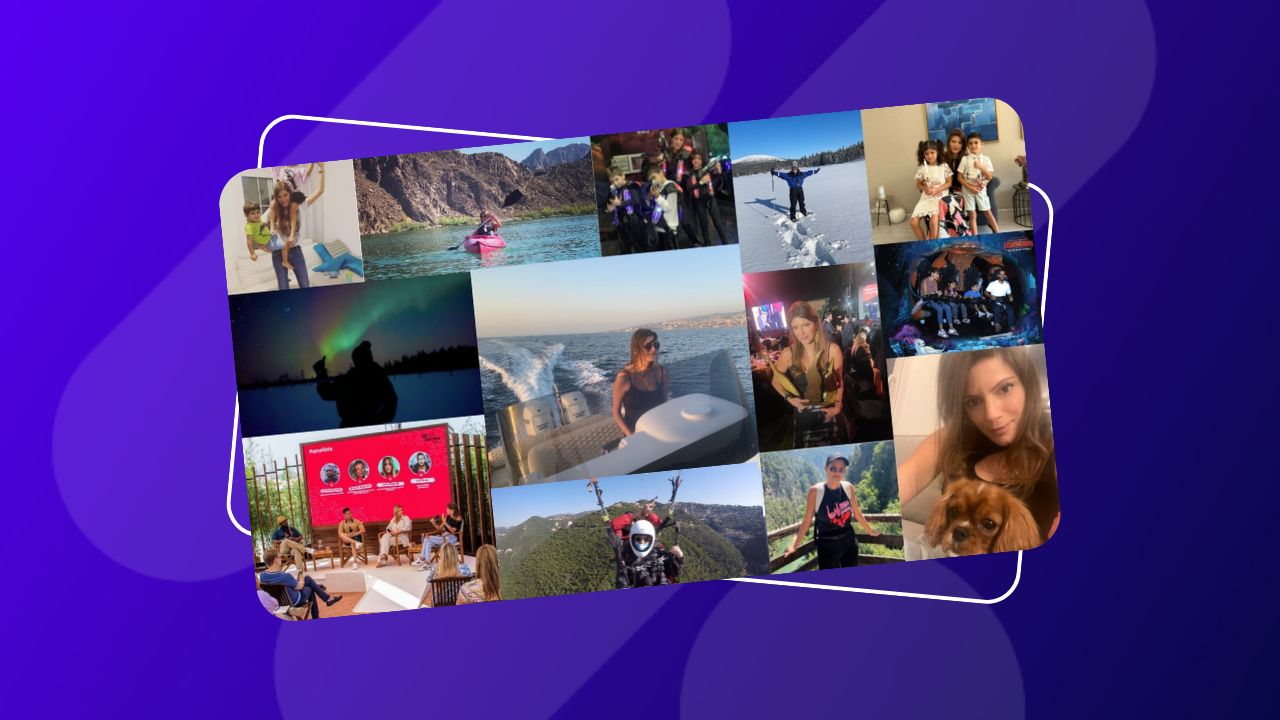
L’Oréal & Incubeta Use AI & First-Party Data to Push Personalization Frontiers with Skin Genius
The modern consumer expects to be approached by companies with a personal touch. At the same time, they don’t want to feel that they’re being tracked and followed everywhere. It’s not easy to build a data-driven personalization machine that offers real added value to customers in a way that upholds their privacy, but L’Oréal successfully tackles this challenge with Skin Genius.
‘Because you’re worth it.’ This isn’t only L’Oréal’s well-known slogan, but also a great starting point for personalized marketing. Maintaining valuable, personal contact with your customers on a structural basis is what every B2C organization wants. After all, personalized interaction with customers, if done well, breeds long-term customers, high satisfaction rates and sales growth. McKinsey (2021) calculated that companies that handle personalization well grow 40% faster than those that don’t.

Those who have yet to start personalization in 2023 are already among the laggards, according to DDMA, a trade association for data-driven marketing. Nevertheless, personalization remains a hot topic, because privacy legislation has only become more strict and complex over the years. Moreover, consumers are increasingly aware of how they want their personal data to be handled. Anyone serious about personalization definitely has quite a few barriers to overcome.
Here’s how L’Oréal drives valuable and valued personalization, at scale, with Skin Genius.
Personalizing the online skin care experience with AI and first-party data
When L’Oréal launched its new online skincare analysis Skin Genius, developing a unique and personalized customer experience was crucial.
The aim of Skin Genius is to provide users with real-time and personally tailored skin care advice, both for the short- and long-term, all happening online. This advice would be based not only on images of the user’s skin, but also numerous other variables: weather conditions, the time of day, and even the user’s current mood. In essence, L’Oréal sought out to build the ultimate skin care personalization machine, using first-party data and AI as the backbone for tech that emulates human advice.
How L’Oréal handles privacy and data challenges for Skin Genius
Global companies like L’Oréal need to consider a variety of global markets and how they differ – in customer expectations, cultures, languages, target groups, and more. This means that deploying specific products could achieve great results in one country, while they could hardly achieve anything in others. It also takes a significant amount of time and resources to implement and scale any given strategy of this level, not to mention in a way that strikes the right balance between localization and standardization. Adapting a single product across multiple languages and maintaining the same quality throughout, is by itself a mammoth task. And that only touches on language.
Ideally, instead of developing a separate portfolio of specific marketing campaigns for every single sales market, brands could use one overarching marketing strategy that serves all markets at once – without taking away elements of localization and personalization. However, to understand and penetrate your customers across several outlets, you need data and feedback from them. No easy feat. Personalization, then, is not a nice-to-have option, but a critical direction that internationally active companies must simply move towards. You can only deliver the personal touch that today’s consumers expect if you invest in personalization strategies.
Beyond compliance: Exceeding the experiences customers expect and making it worth their while
While we’ve covered the importance of personalization, brands can’t be creepy about it. First and foremost, that means brands need to be compliant with privacy and data processing laws. Of course, that goes without saying. However, compliance alone is not enough. Collecting buckets of data, looking over one’s shoulder, and constantly asking for someone’s location is not readily appreciated by customers, even if it’s all done according to the rules. Leading brands know they should go beyond, and then do it. There are more than enough opportunities to collect valuable data in ways that customers are comfortable (and maybe even happy) with. Because consumers are willing to share a lot of their own data. They just need to get a genuinely valuable trade-off in return.
Added value occurs when the data users provide demonstrably help them make choices they’re happy with. The fact is, the modern consumer is an online search expert who combines numerous media and sources while shopping. There is already an overwhelming amount of information available on any topic that doesn’t require consumers to give up personal information. If you ask for it as a brand, you have to give something worthwhile in return.
In the case of L’Oréal’s Skin Genius, that is high-quality and hyper-personalized skin care advice. Skin Genius takes into account variables that many users probably wouldn’t have thought of themselves. For example, on days with low humidity and high UV strength, the tool gives you different recommendations than on a drizzly day. Using virtual try-on, a customer can also immediately try out Skin Genius’ advice and provide feedback. That feedback, in turn, is used to refine the quality of advice and service per outlet.
Two key takeaways to help you get personalization right
The AI tool that L’Oréal has developed is relatively complex. For something that needs to be used globally and across numerous markets, countries, and target groups, it has to be. However, personalization doesn’t have to be such a huge and complex thing. The methodology behind Skin Genius’ success can be achieved with two simple principles.
- Prioritize customer value, using it both as a starting point and an end goal: Obviously, while brands want to achieve sales growth or make operations more efficient, personalization only works optimally if you put the customer experience at the heart of what you do. Companies often put their own interests first and then check off a list of privacy guidelines “in the best interest of the customer” later. Turn it around. Consider what would really help your customers further and build from there.
- Design for scalability, but start small: L’Oréal’s Skin Genius started as advice on what type of cream to use for your skin. Now it’s so much more. It is the ultimate digital personalization machine that allows users to test make-up without committing to purchase, or match their skin care products with their moods, and more. In short, you don’t have to go from 0 to 100 all at once. Every business is unique, so there is no blueprint for the perfect personalization machine. But if you’re looking to innovate, start small, iterate, learn, scale, and repeat. Before you know it, all the small bits have turned into one giant masterpiece.
If the modern consumer expects to be approached by companies with a personal touch, then as a bare minimum companies need to meet those expectations. But leading businesses will know better. They will not just meet expectations; they will exceed them.
This article was originally published on Emerce.nl.
Browse: Industry Insight / Work & Awards
Read Next
Find out how we can help you
With offices around the world, we can build a team perfect for your needs.

